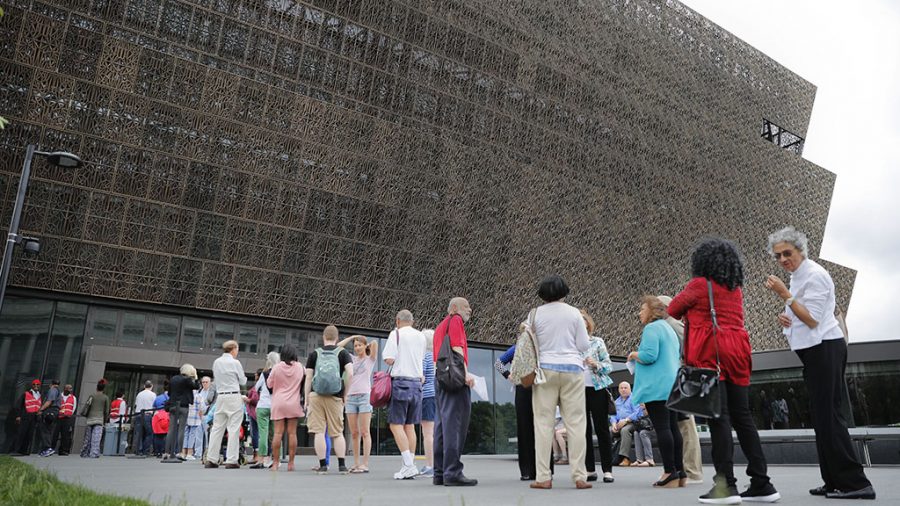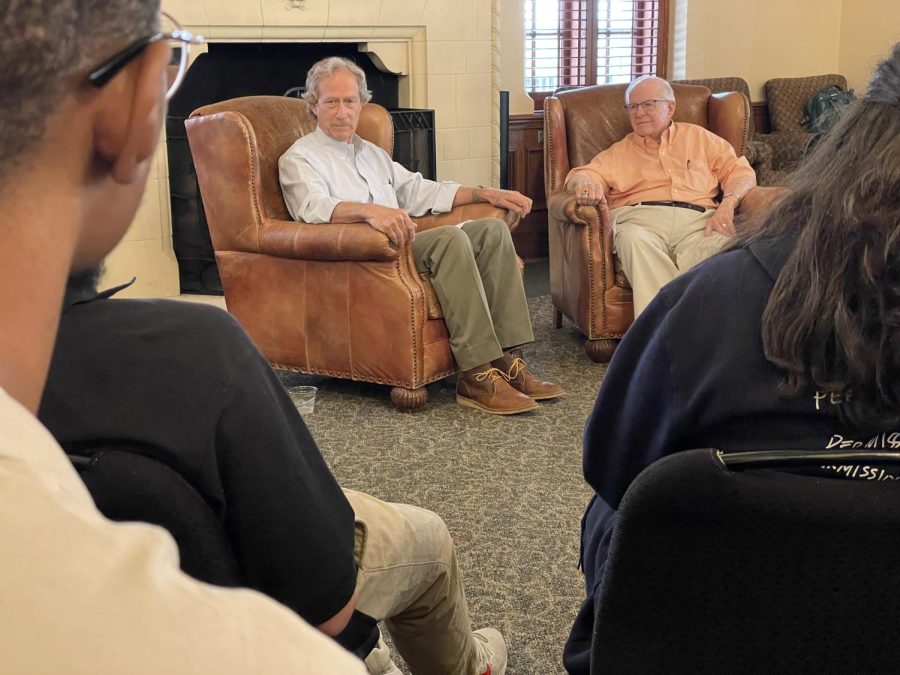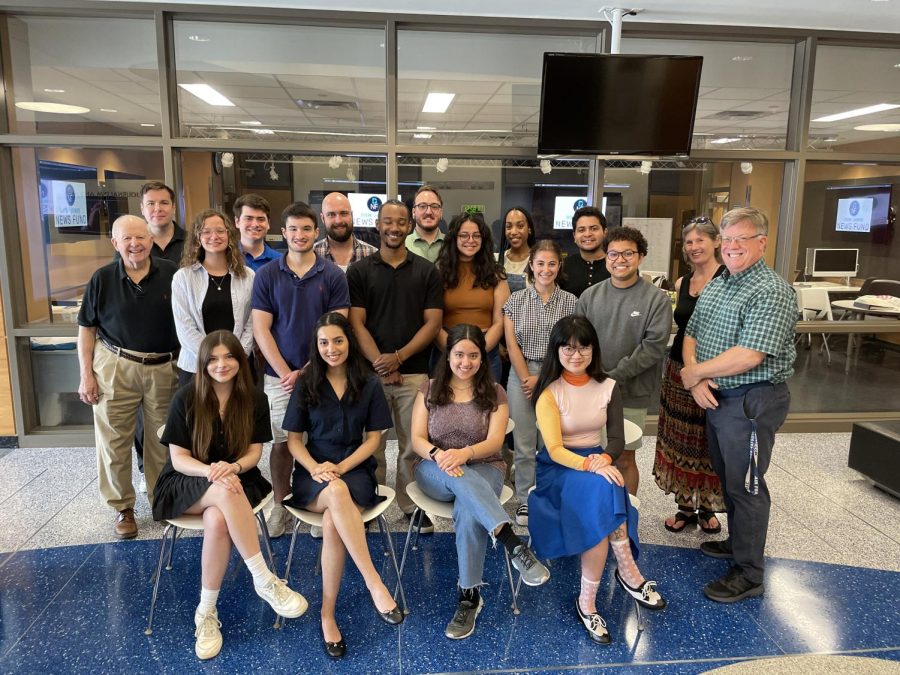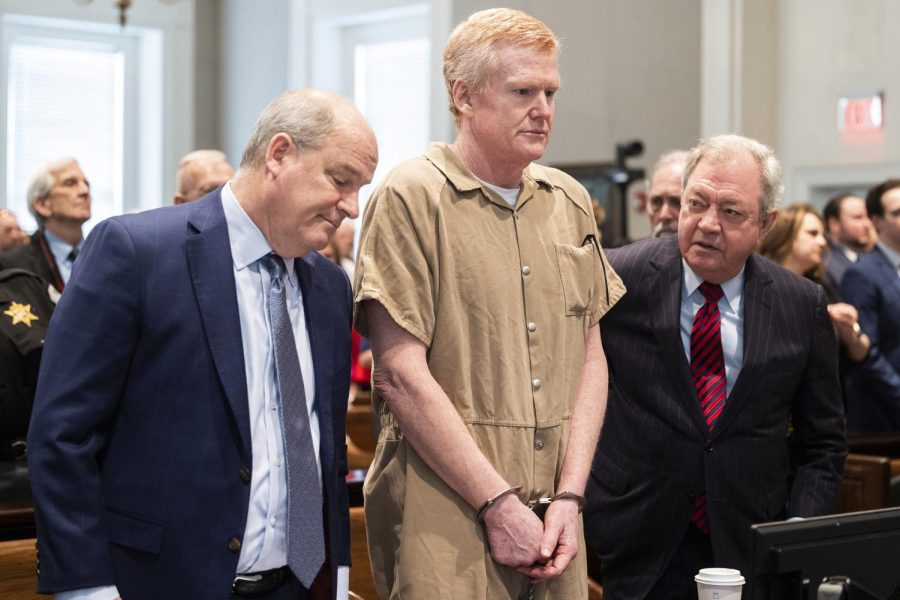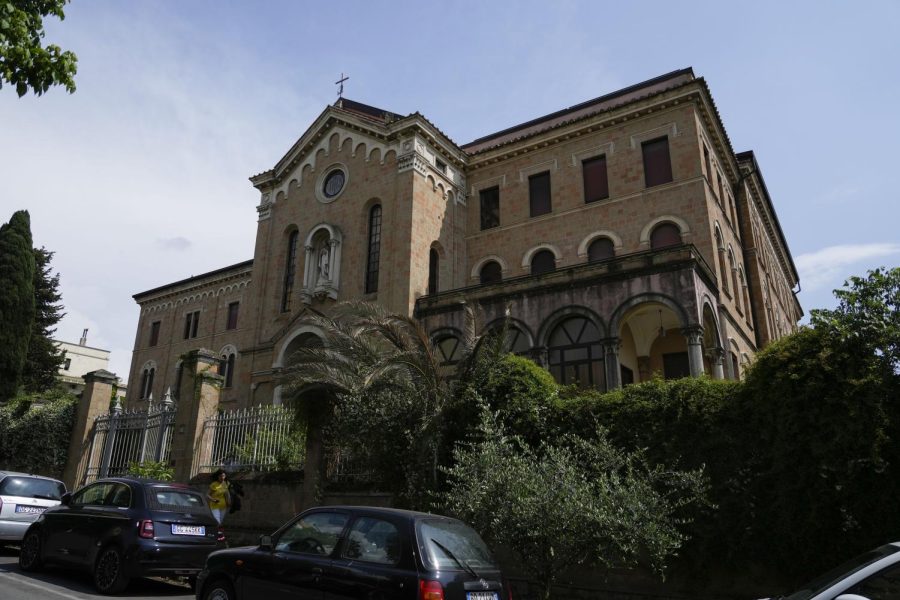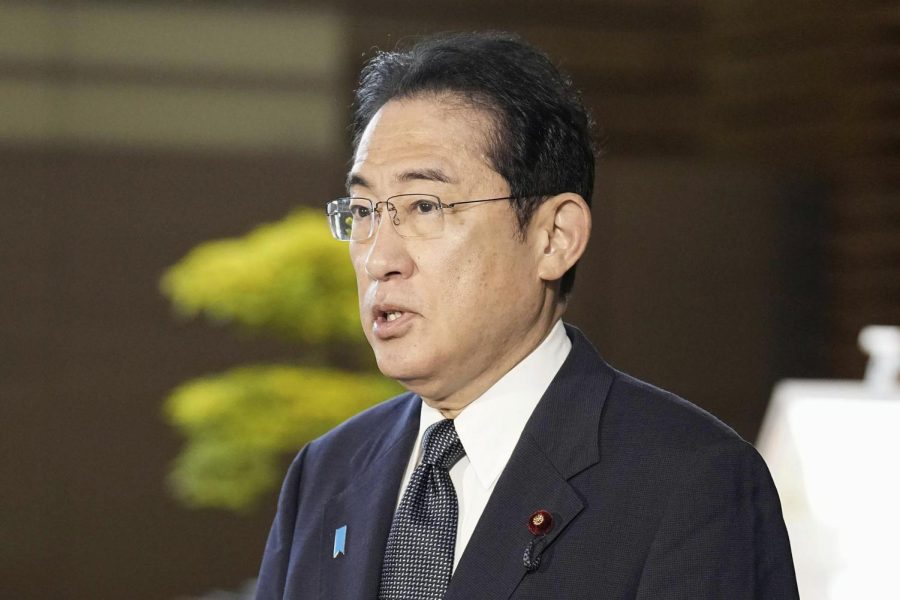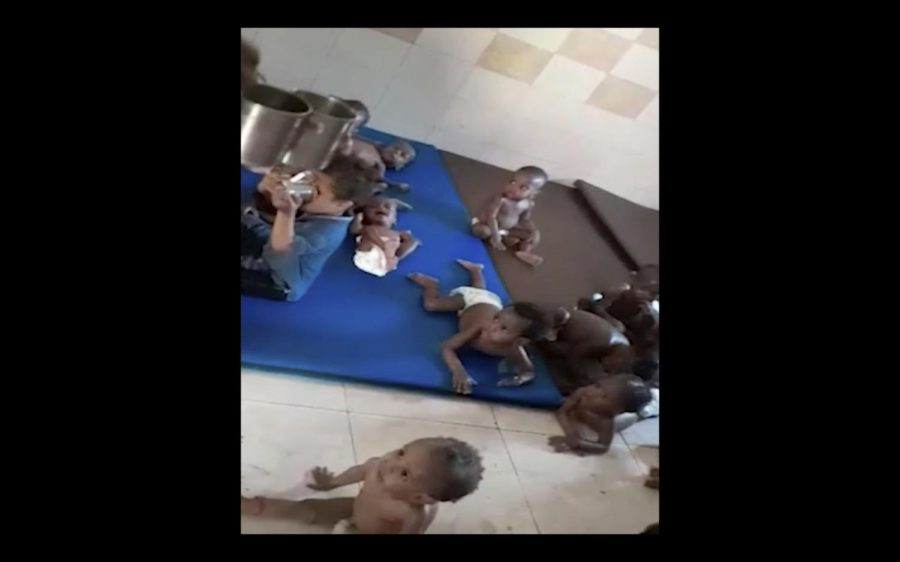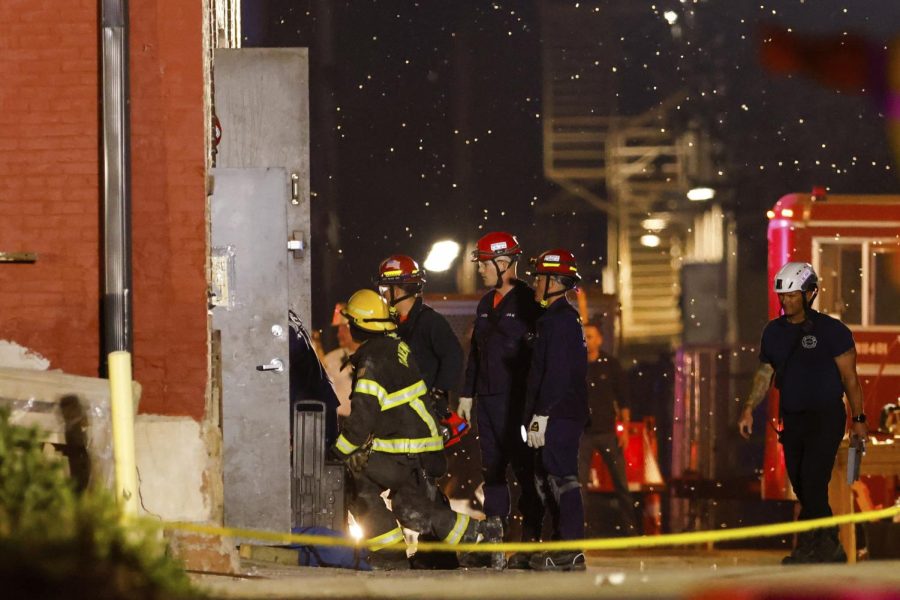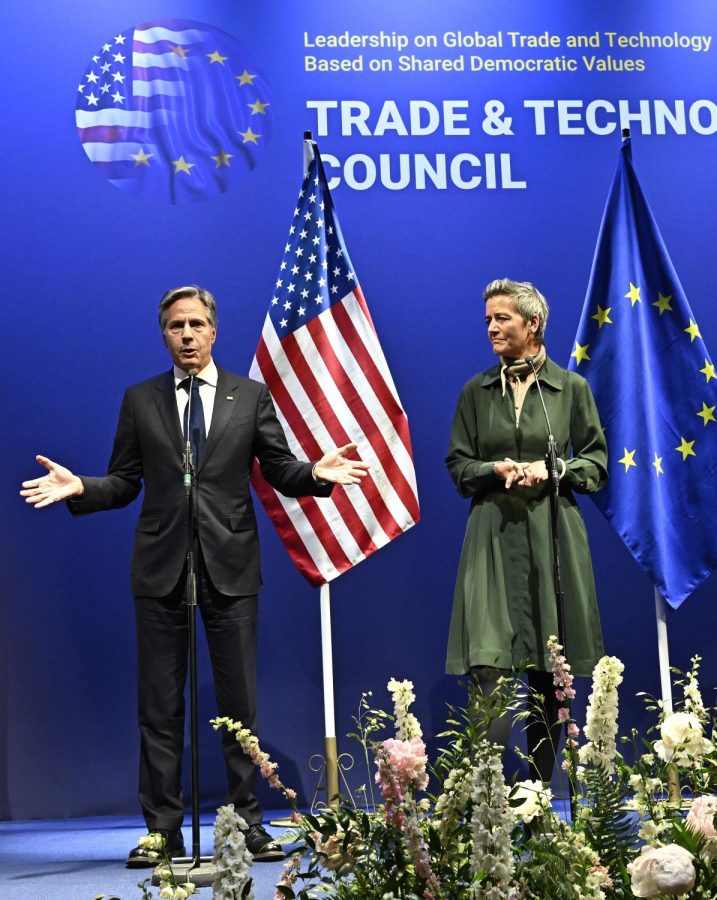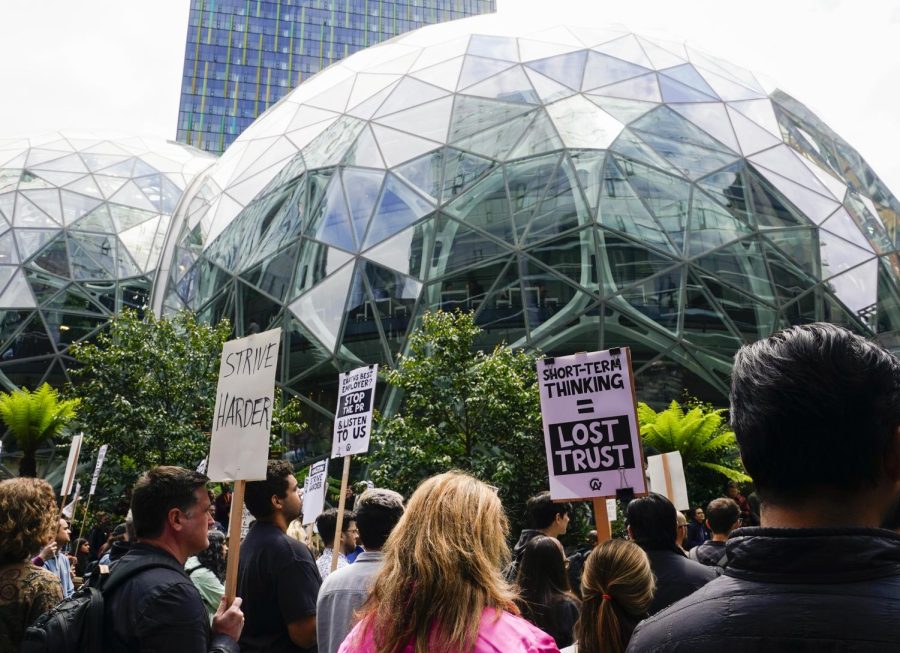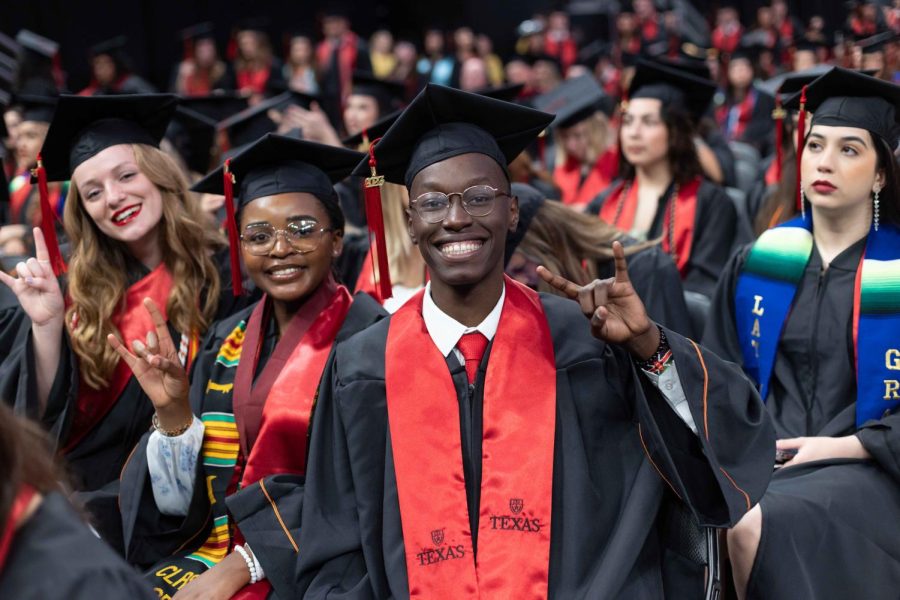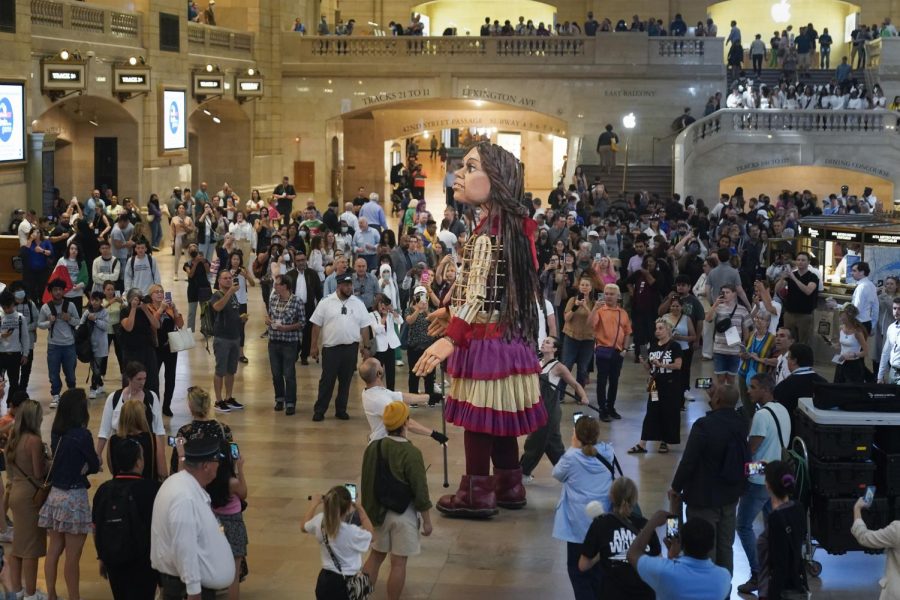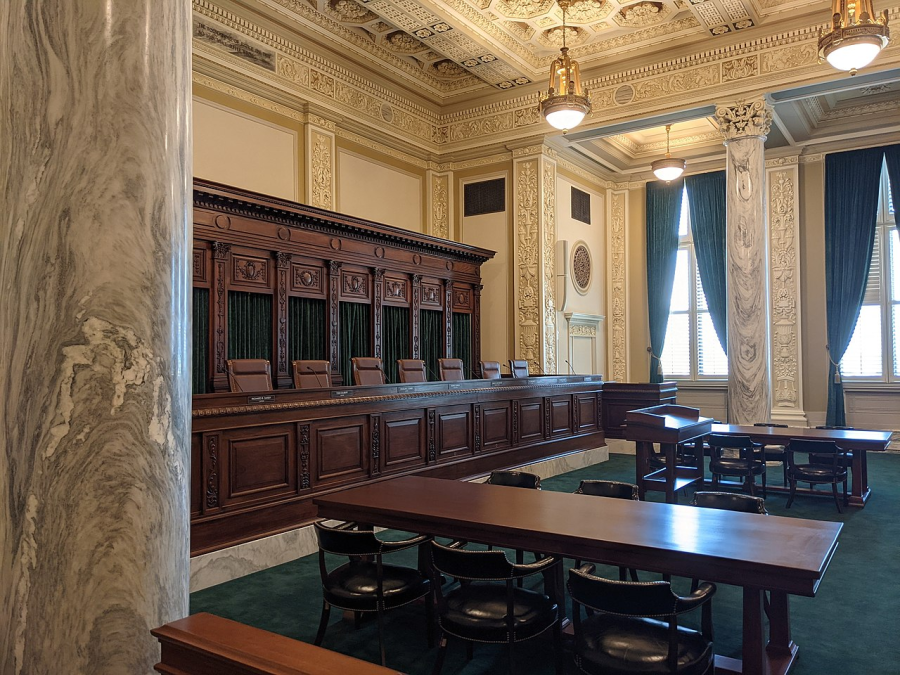JESSE J. HOLLAND
Associated Press
WASHINGTON — Nooses have appeared recently around the nation’s capital in a rash of incidents that shows the growing use of hate symbols to intimidate U.S. minorities, experts say.
“We’ve seen a spike in the use of symbols of hate lately, and the noose is one more example,” said Denison University professor Jack Shuler, who has studied lynching and noose imagery in the U.S.
Two nooses were found at Smithsonian museums in the past week, one outside the Hirshhorn Museum last Friday and one inside the Smithsonian National Museum of African American History and Culture on Wednesday.
Bananas tied to nooses were discovered at American University in Washington last month, while a noose was found at the University of Maryland and a suburban middle school in Crofton, Maryland.
Two 19-year-old white men were arrested and charged with hate crimes for allegedly hanging the noose at the Crofton school. No arrests have been made in the other cases.
The Southern Poverty Law Center, which tracks bigotry, said it has seen a rise in hate incidents in the U.S. since the election of President Donald Trump. Between Election Day and Feb. 1, the Center collected information on about 1,800 hate-related episodes from almost every state. “In the past, it would be a couple hundred at most, and that would be high,” said Heidi Beirich, director of the Intelligence Project at the SPLC.
Loops of rope have long been used to intimidate African-Americans because they evoke lynchings. The nonprofit Equal Justice Initiative said there were 4,075 lynchings of blacks in the South to spread racial terror between 1877 and 1950.
For blacks, the noose is “comparable in the emotions that it evokes to that of the swastika for Jews,” the Anti-Defamation League said.
“I think we’re in a situation right now where people who express hateful opinions are being allowed to speak freely and it’s become OK again,” said Shuler, author of “The Thirteenth Turn: A History of the Noose.”
The noose didn’t stop some visitors to the black history museum. Stephen Middleton, who brought his family Thursday said, “We’re not going to be wavered and we’re not going to be intimidated.”


